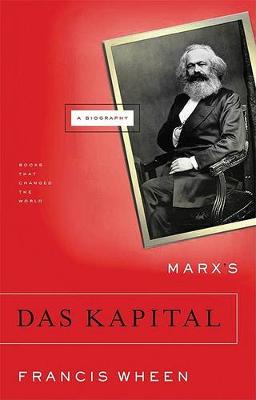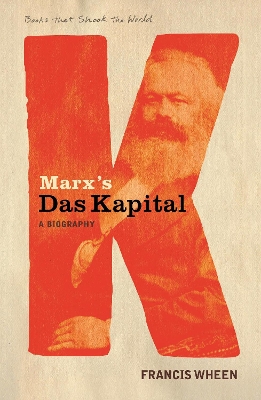BOOKS THAT SHOOK THE WORLD
2 total works
'The philosophers have only interpreted the world, in various ways; the point is to change it,' wrote Karl Marx in 1845. This is the essence of Das Kapital, a blazing expose of the new capitalist world of the Victorian era, whose ideas would affect the lives of millions, and alter the course of world history.
In vivid detail, Francis Wheen tells the story of Marx's twenty-year fight to complete his unfinished masterpiece. Das Kapital was born in a two-room flat in Soho amid political squabbles and personal tragedy. The first volume was published in 1867, to muted praise, but, after Marx's death, went on to influence thinkers, writers and revolutionaries, from George Bernard Shaw to Lenin. Wheen's brilliant and accessible book shows that, far from being a dry economic treatise, Das Kapital is like a vast Gothic novel, whose heroes are enslaved by the monster they created: capitalism. Furthermore, Wheen argues, as long as capitalism endures, Das Kapital demands to be read and understood.

